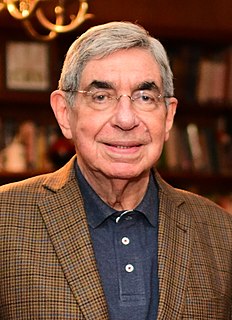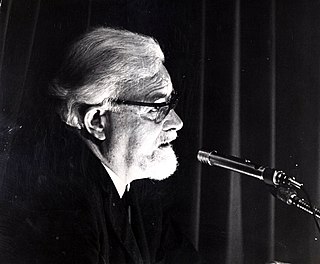A Quote by Rebecca Harding Davis
Before the birth of the New Woman the country was not an intellectual desert, as she is apt to suppose. There were teachers of thehighest grade, and libraries, and countless circles in our towns and villages of scholarly, leisurely folk, who loved books, and music, and Nature, and lived much apart with them. The mad craze for money, which clutches at our souls to-day as la grippe does at our bodies, was hardly known then.
Related Quotes
To make love is to become like this infant again. We grope with our mouths toward the body of another being, whom we trust, who takes us in her arms. We rock together with this loved one. We move beyond speech. Our bodies move past all the controls we have learned. We cry out in ecstasy, in feeling. We are back in a natural world before culture tried to erase our experience of nature. In this world, to touch another is to express love; there is no idea apart from feeling, and no feeling which does not ring through our bodies and our souls at once.
My country is a country of teachers. It is therefore a country of peace. We discuss our successes and failures in complete freedom. Because our country is a country of teachers, we closed the army camps, and our children go about with books under their arms, not with rifles on their shoulders. We believe in dialogue, in agreement, in reaching a consensus.
Which people take the time to care for their souls, these days? I reckon not many. But...hear this: I think that maybe in our lives - in our scrabbling for food, in the washing of our bodies and warming of them, in our small daily battles - we can forget our souls. We do not tend to them, as if they matter less. But I don't think they matter less.
There is a great good in returning to a landscape that has had extraordinary meaning in one's life. It happens that we return to such places in our minds irresistibly. There are certain villages and towns, mountains and plains that, having seen them walked in them lived in them even for a day, we keep forever in the mind's eye. They become indispensable to our well-being; they define us, and we say, I am who I am because I have been there, or there.
But there was a time when each of us stood naked before the world, confronting life as a serious problem with which we were intimately and passionately concerned... There was a time when Free Love versus Catholic Morality was a question of as much importance to our hot bodies as if a pistol had been clapped to our heads. Further back, there were times when we wondered with all our souls what the world was, what love was, what we were ourselves.
In our young minds houses belonged to women were their special domain, not as property, but as places where all that truly mattered in life took place - the warmth and comfort of shelter, the feeding of our bodies, the nurturing of our souls. There we learned dignity, integrity of being; there we learned to have faith. The folks who made this life possible, who were our primary guides and teachers, were black women.
If this nation is to be wise as well as strong, if we are to achieve our destiny, then we need more new ideas for more wise men reading more good books in more public libraries. These libraries should be open to all — except the censor. We must know all the facts and hear all the alternatives and listen to all the criticisms. Let us welcome controversial books and controversial authors. For the Bill of Rights is the guardian of our security as well as our liberty.
Music, that has mostly earned a 'film music' status in our country, leaves genres like jazz, folk and classical to the niche. But, something common ties all the genres of music, the skeleton of the sounds - the instruments. Instrumentalist in our country are not given their due, at least not as much as they deserve.


































